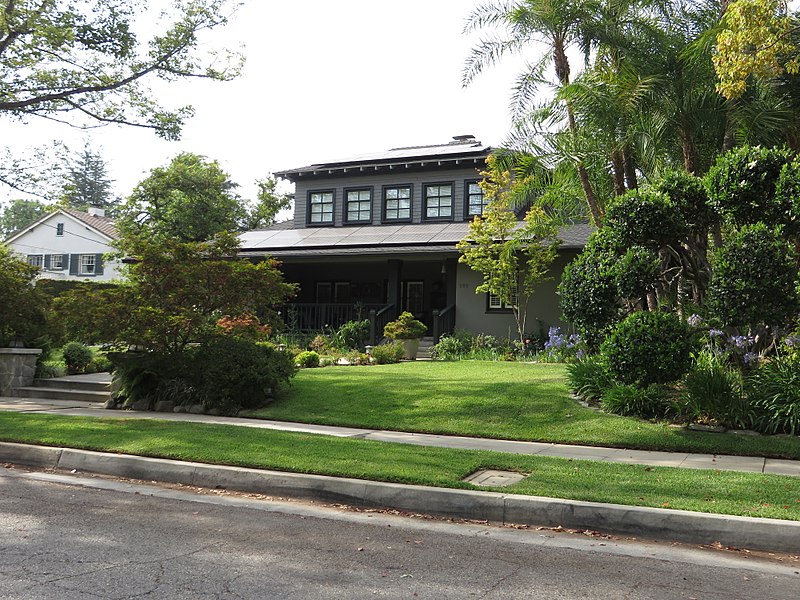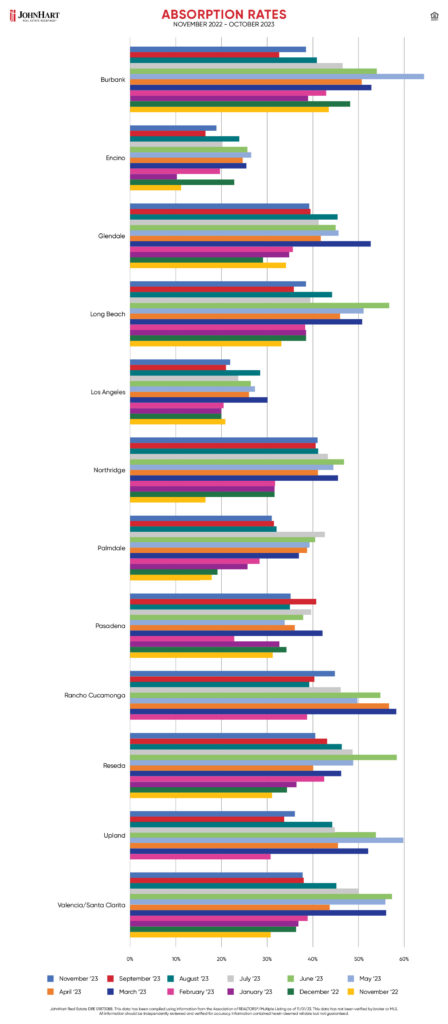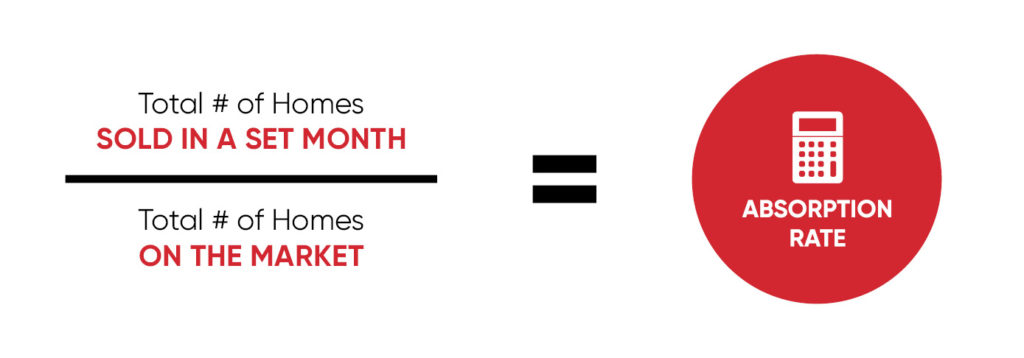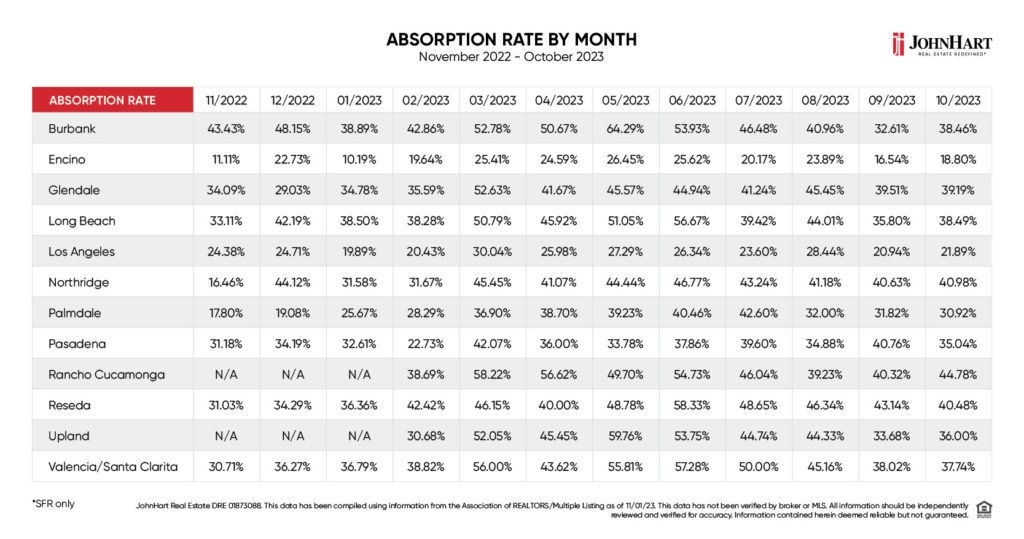While the real estate industry is still reeling from a federal jury’s decision to rule against the National Association of Realtors, October’s absorption rates may be feeling like the calm before the storm. There may be candy wrappers blowing gently off the streets on November 1. But October brought no tricks or treats to the Greater Los Angeles area’s housing market. Rather, it seemed the market was doing a balancing act going into the industry’s hibernation months.
Absorption Rates – October 2023
- Burbank – 38%
- Encino – 19%
- Glendale – 39%
- Long Beach – 38%
- Los Angeles – 22%
- Northridge – 41%
- Palmdale – 31%
- Pasadena – 35%
- Rancho Cucamonga – 45%
- Reseda – 40%
- Upland – 36%
- Valencia/Santa Clarita – 38%
The Three Most Commonly Asked Absorption Rate Questions
If this is your first time reading our monthly absorption rate analysis, allow us to illuminate you with the answers to the questions you’re no doubt thinking.
(1.) What is an Absorption Rate?
An absorption rate is a statistic that we use to help us gauge whether a specific neighborhood’s housing market favors buyers or sellers. Most professionals believe an absorption rate of 20% or more indicates a seller’s favor. Absorption rates at or below 15% allude to a buyer’s favor. But these are guides; not set-in-stone rules.
(2.) JohnHart Doesn’t Factor Condos and Townhomes Into Its Absorption Rates. Why Not?
Our clients are overwhelmingly interested in single family homes. Therefore, to ensure our absorption rates most accurately reflect our clients’ interests, we only consider single family homes in our calculations.
(3.) How Do You Calculate Absorption Rates?
We use the following universally accepted formula to calculate absorption rates:
Subtle Surging in Two Communities
The biggest surges (if you can call them that) for October go to both Burbank and Rancho Cucamonga. These two neighborhoods made a modest jump further into the seller’s terrain with a 5% increase each. This is somewhat bigger news for Burbank, breaking its four-month streak of falling absorption rates with this bump. But Rancho Cucamonga holds their own distinction, leaving October with the month’s highest absorption rate: a seller-satisfying 45%.
Pasadena’s Balancing Act
October’s steepest drop wasn’t much more dramatic. Pasadena dropped 6 percentage points down to a 35% absorption rate. Not exactly ringing the dinner bell for buyers, but it’s something. The neighborhood has been more or less hovering around this spot since the summer, so its modest drop comes as no real surprise.

Encino Keeps It Low
While Encino bumped up an additional 2 percentage points in October, this still keeps them at the lowest absorption rate of all our neighborhoods. The Valley neighborhood is still looking pretty inviting to buyers at a 19% absorption rate. This isn’t technically a buyers’ market. But as we’ve said before: the numbers are guides, not rules.
The Four-Month Plunge
It’s also worth mentioning that Reseda dropped closer to the buyer’s market for its fourth consecutive month in October. July’s plummet was a doozy at 9%, but since then, the neighborhood has only been decreasing by 3 percentage point increments. Therefore, its still very high absorption rate of 40% shouldn’t be a shock.
Neutral Northridge
And the reward for the most tranquil neighborhood, at least where absorption rates are concerned, goes to Northridge. For its third month in a row, the Valley neighborhood has maintained a solid 41% absorption rate. No wonder their property owners are all smiles.
As we said, we’re about to see the housing market go into its usual hibernation. Coupled with the news coming out of Kansas City, it may be an atypical season. If you’re concerned about how this could affect you and your plans, reach out to one of our knowledgeable real estate experts! Otherwise, we’ll see you in November’s absorption rate analysis!





